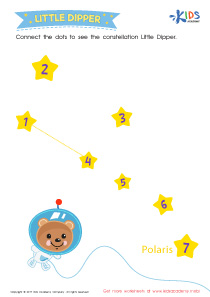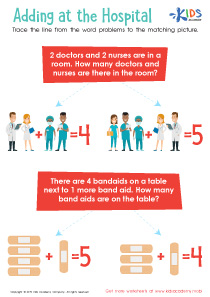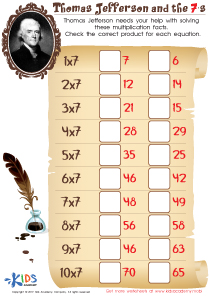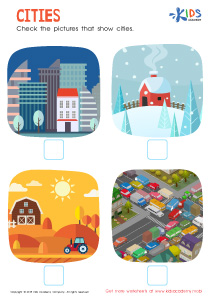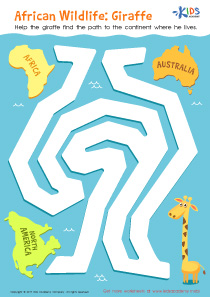5 results
5 filtered results
Clear all filters5 filtered results
-
From - To
Fluency for Ages 4-5: Interactive Assessment Quizzes
Unlock the potential of early learning with our engaging, interactive assessment quizzes designed specifically for children ages 4-5. These quizzes are crafted to evaluate and enhance fluency, providing immediate, personalized feedback to guide young learners on their journey to mastering the basics of language and reading. With vibrant, age-appropriate content, our quizzes make learning fun and rewarding, ensuring your child develops a strong foundation in fluency. Witness their confidence grow as they navigate through each quiz, acquiring the essential skills needed for their academic future. Start your child's path to success today with our Fluency for Ages 4-5 assessment quizzes.
Interactive quizzes on Fluency for Ages 4-5 are revolutionizing the way children engage with their studies by introducing an element of fun, engagement, and immediate feedback, which are crucial at this foundational stage of learning. These quizzes are not just another academic task; they are a bridge to understanding and mastering new concepts, tailored specifically for young learners embarking on their educational journey.
At the heart of these interactive quizzes is the principle of learning through play. This approach aligns perfectly with the developmental needs of children aged 4 to 5, for whom play is not just a way to pass the time but a vital mode of learning and exploration. The quizzes incorporate colorful visuals, engaging characters, and scenarios that capture the imagination, making learning an adventure rather than a chore. This playful approach helps to foster a positive attitude towards learning, an invaluable mindset that children will carry with them throughout their educational journey.
Moreover, Fluency for Ages 4-5 emphasizes the development of foundational skills in literacy and numeracy, critical thinking, and problem-solving. Through interactive quizzes, children are introduced to these concepts in a manner that is accessible and understandable, allowing them to build confidence in their abilities. This confidence is vital, as it encourages children to take on new challenges and to view mistakes not as failures but as learning opportunities.
Immediate feedback is another cornerstone of these quizzes, providing children with real-time responses to their answers. This feedback is crucial for young learners, as it helps them to understand which areas they have mastered and where they might need more practice. Unlike traditional methods of assessment, which can be intimidating and abstract for young minds, interactive quizzes on Fluency for Ages 4-5 make assessment an integral part of the learning process, devoid of stress and anxiety.
In addition, these quizzes are designed to be intuitive, allowing children to navigate through questions with ease. This user-friendly design ensures that the technology enhances the learning experience rather than becoming a barrier. It allows children to focus on the task at hand, bolstering their autonomy and problem-solving skills. Moreover, this ease of use also encourages regular review and practice, which is essential for reinforcing new knowledge and skills.
The versatility of the content is another significant benefit. Fluency for Ages 4-5 covers a broad spectrum of topics, ensuring that children receive a well-rounded introduction to different subjects. This variety not only helps to keep children engaged and curious but also allows parents and educators to identify and nurture individual talents and interests from an early age.
In conclusion, interactive quizzes on Fluency for Ages 4-5 are more than just an educational tool; they are a gateway to a lifelong love of learning. By blending play with education, providing immediate feedback, and fostering an environment of encouragement and support, these quizzes are helping children to build a strong foundation for their academic future. In doing so, they are not only aiding in the acquisition of knowledge and skills but are also nurturing confident, curious, and resilient learners ready to embrace the challenges and opportunities of the years ahead.
